Breaking News: NFL Faces Serious Issue as Memes and Online Controversies Stir Up Concern…..
Breaking News: NFL Faces Serious Issue as Memes and Online Controversies Stir Up Concern…
In a surprising and concerning turn of events, the National Football League (NFL) is facing a serious issue that has captured the attention of fans, players, and executives alike. Over the past several weeks, the rise of NFL-related memes and online content has sparked intense debate and controversy, and the league is now scrambling to address the impact these digital expressions are having on the sport’s reputation, image, and relationships within the league. As memes have become a key part of sports culture, the NFL now finds itself at a crossroads where online humor, while often entertaining, may be pushing the boundaries of what is acceptable for both players and fans.
The issue began innocuously enough, with memes and social media posts that poked fun at various aspects of the NFL, from its most prominent players and coaches to the league’s controversies, rule changes, and even game-day experiences. However, as memes grew in popularity, they began to touch on deeper and more sensitive topics, including player health, personal struggles, and even private lives of athletes. What once seemed like harmless humor has escalated into something that the NFL can no longer ignore.
The Rise of Controversial Memes in the NFL Community
It all started with the light-hearted meme culture that has surrounded the NFL for years. Memes celebrating iconic plays, viral moments, and players’ personalities are a staple of social media, offering fans a chance to connect with the sport on a personal level. For example, memes surrounding “Sunday Night Football” or a player’s touchdown celebrations are a form of digital entertainment that fuels the fandom and creates a sense of unity within the NFL community. Yet recently, there has been an increasing trend of memes that touch on sensitive and controversial subjects, some of which have crossed the line into offensive or problematic territory.
The NFL has long been under scrutiny for issues related to player safety, particularly in the context of concussions and head injuries. In the past few weeks, memes mocking players suffering from head injuries and joking about the consequences of these physical risks have begun circulating. The memes, often featuring images of players in vulnerable or compromised positions, trivialize the very real struggles athletes face after leaving the field. This has not sat well with many former players and their families, who have publicly criticized the internet culture surrounding these moments.
There have also been memes exploiting players’ personal lives, often crossing ethical lines. Several memes have targeted athletes over controversial issues such as domestic violence accusations, family matters, and other deeply personal events. While many argue that memes are meant to be light-hearted and satirical, others feel that the NFL should take responsibility for curbing this trend, as it continues to tarnish the public image of individuals within the league.
In response to the surge in inappropriate memes, NFL Commissioner Roger Goodell has expressed concern and promised to take action. “We are aware of the growing issue regarding memes and social media content that reflects poorly on the league and its players,” Goodell stated in a recent press conference. “While we support the freedom of expression, we must ensure that this expression does not harm the dignity and reputation of our athletes or the integrity of the sport. We are currently reviewing our policies and looking for ways to address this concern in a meaningful way.”
Memes Affecting Mental Health and Public Perception
One of the more serious concerns that has arisen from the increasing presence of controversial memes is the potential toll it may take on the mental health of NFL players. The culture of memes has evolved into something far more pervasive than just harmless jokes. With millions of followers on social media platforms like Twitter, Instagram, and TikTok, some players have found themselves bombarded with negative memes that make light of their struggles. For example, players dealing with injuries or personal setbacks have had their difficult moments turned into viral memes, often at the expense of their mental well-being.
Several prominent athletes have spoken out about the impact this kind of online content has had on them. One well-known player, who requested anonymity due to the sensitivity of the subject, revealed that he had been struggling with depression after an injury but was repeatedly mocked online through memes. “It gets exhausting, honestly. You work your entire life to get to the NFL, and then when you have a bad game or suffer an injury, you’re met with a stream of hurtful memes that make you feel like you’re not even human,” the player shared in a recent interview. “I get it—people want to laugh, but sometimes it goes too far. This is my life, my career, and I feel like I’m being reduced to a punchline.”
The rise of these kinds of memes also brings up a larger discussion about how the NFL handles the mental health of its players. As more players come forward to speak about their struggles with anxiety, depression, and other issues, the league must confront the reality that online content, including memes, may be exacerbating these problems. Some experts argue that the NFL should establish clear guidelines for social media conduct and work to educate fans on the importance of responsible online behavior.
The NFL’s Response: A Policy Reevaluation
As the issue grows, the NFL has promised to implement new policies aimed at curbing the harmful impact of inappropriate memes and online content. The league’s social media team has been tasked with closely monitoring digital platforms and flagging content that crosses ethical lines. Additionally, there is an ongoing dialogue with social media companies like Twitter, Facebook, and Instagram, urging them to take a more active role in identifying and removing harmful content that targets athletes in negative ways.
At the heart of this issue is the question of how to balance humor and freedom of expression with respect for the athletes who entertain millions of people every week. The NFL is currently weighing the implementation of stricter guidelines for players, coaches, and teams regarding their own social media presence as well. In an effort to mitigate online bullying, there may also be a push for increased mental health resources for players and their families.
Several players have also called for a cultural shift within the NFL to better address the mental health implications of fame, noting that the league should do more to support its athletes outside the game. One former NFL player, who now works as a mental health advocate, stated: “We need to understand that athletes are more than just their performances on the field. They are human beings with families, emotions, and personal challenges. The NFL must take a stand against harmful memes and encourage a healthier environment for players, both on and off the field.”
The Impact on the NFL’s Image
Beyond the immediate harm to players, the controversy over NFL memes has the potential to affect the overall image of the league. The NFL has long prided itself on being a leader in sports entertainment, attracting millions of fans around the world. However, the increasing focus on negative and controversial content may damage the league’s relationship with its audience, especially if fans begin to view the NFL as a league that turns a blind eye to inappropriate behavior online.
In the coming weeks, it will be important for the NFL to demonstrate its commitment to protecting its players and ensuring that its fanbase is respectful and responsible when engaging with the sport. Whether through revised policies, greater social media education, or expanded mental health programs, the NFL will need to address this issue head-on if it hopes to maintain its reputation as a leader in sports and entertainment.
As memes continue to evolve and shape digital culture, the NFL faces a crucial moment. How it responds to this growing issue will define the future of its relationship with fans, players, and the broader sporting world. The league’s actions in the coming months will have a lasting impact on how memes and online content are used in the world of professional sports.
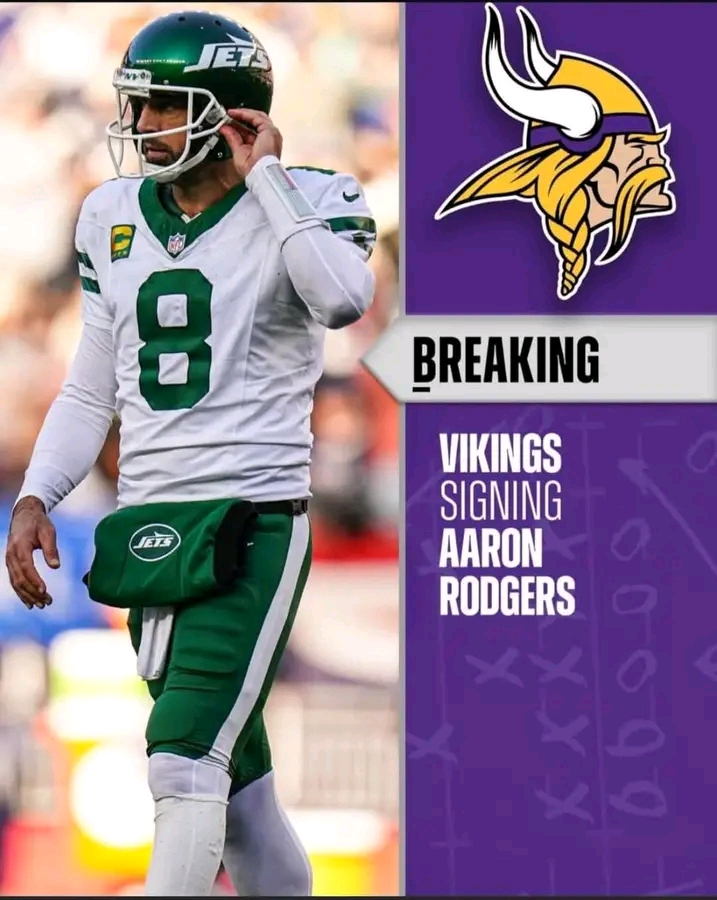
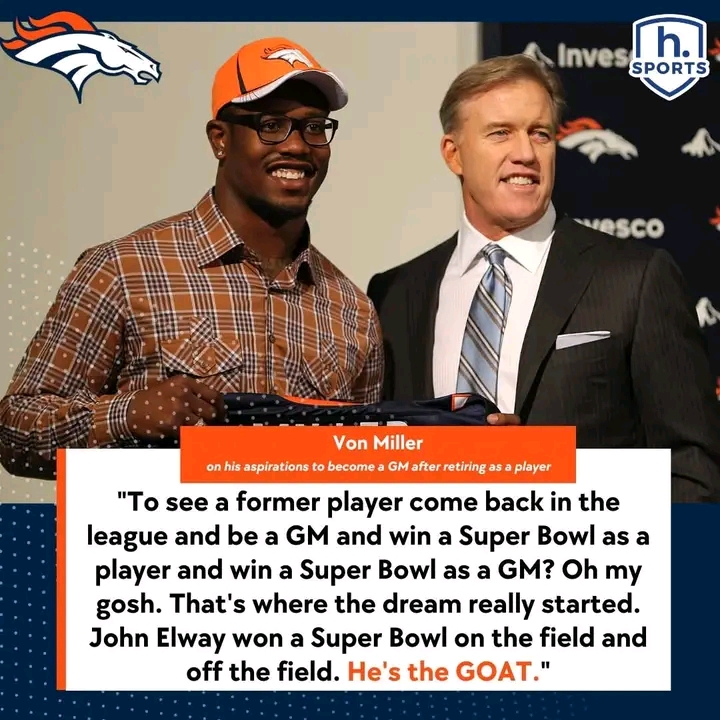
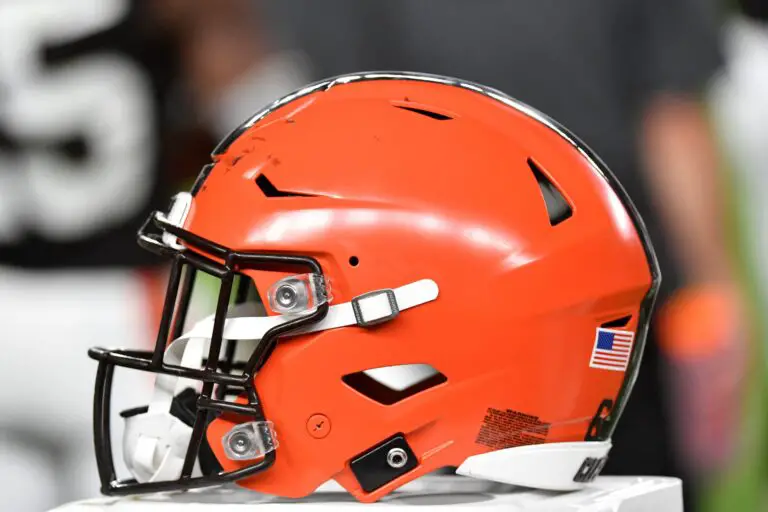



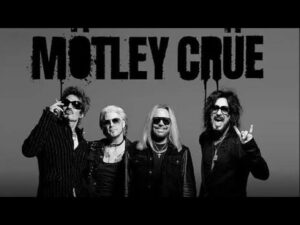
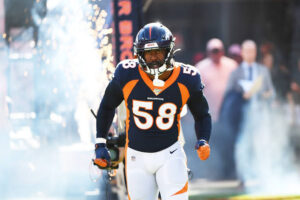
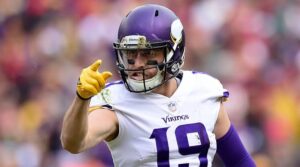

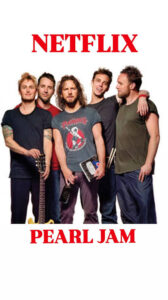


Post Comment